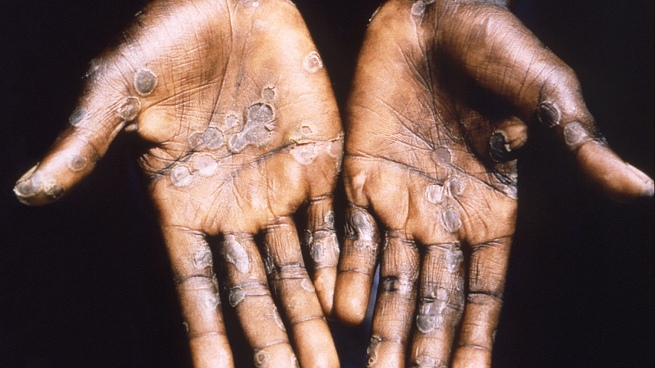The Emergency Committee of the World Health Organization (WHO), made up of experts from around the world, advised “not to issue the highest level of health alert” due to the expansion of monkeypox to 50 countries, although they recognized that the outbreak “constitutes an emergency and that controlling it will require an “intense” response, reported the official UN News site.
The Committee, after a three-day meeting, resolved by consensus to advise the Director General of the WHO not to declare the highest level of alert since, for the time being, “it does not constitute a public health emergency of international concern.” .
The UN agency does not recommend mass vaccination against monkeypox.
Monkeypox has been detected in 50 countries, from all regions, with 3,000 cases since the beginning of May.
However, the Committee unanimously recognizes that the outbreak constitutes an emergency and that controlling it will require an “intense” response.
“The Emergency Committee shared its deep concern about the scale and speed of the current outbreak, pointed out many unknowns and gaps in the current data, and prepared a consensus report that reflects the different opinions of the committee,” said Tedros Adhanom Gebreyesus, director of the Emergency Committee. WHO.
“They advised me that at this time the event does not constitute a public health emergency of international concern, which is the highest level of alert that the WHO can issue, but they acknowledged that the committee’s own convening reflects growing concern about international spread. of monkeypoxhe added.
And, he stressed that “what makes the current outbreak especially worrying is the rapid and continuous spread to new countries and regions, and the risk of sustained new transmission in vulnerable populations, such as immunocompromised people, pregnant women and children. ”.
The Committee noted that many aspects of the current multinational monkeypox virus outbreak “are unusual” and noted “the occurrence of cases in countries where circulation had not previously been documented.”
Another rare fact, according to experts, is the fact that “the vast majority of cases are observed among young men who have sex with men, not previously immunized against smallpox,” the UN reported.
Some members suggested that, given the low level of population immunity against smallpox virus infection, there is a risk of transmission in the general population that should not be overlooked.
They also seek to clear up doubts about the modes of transmission; the full spectrum of clinical presentation; the infectious period; reservoir species and the potential for reverse zoonosis; and access to vaccines and antivirals and their efficacy in humans.
The UN agency does not recommend mass vaccination against monkeypox. In the few places where vaccines are available, they are being used to protect those who may be exposed, such as health workers and laboratory personnel.
The Committee highlighted in its report that among the factors that may cause a reassessment of its decision, there are the growth rate of the cases notified in the following 21 days, the appearance of cases among sex workers; significant spread in additional countries or significant increases in the number of cases and spread in endemic countries, among others.
The experts are concerned about the possibility that the stigmatization and the violation of the rights of the affected groups will worsen, “which would make the response even more difficult.”








